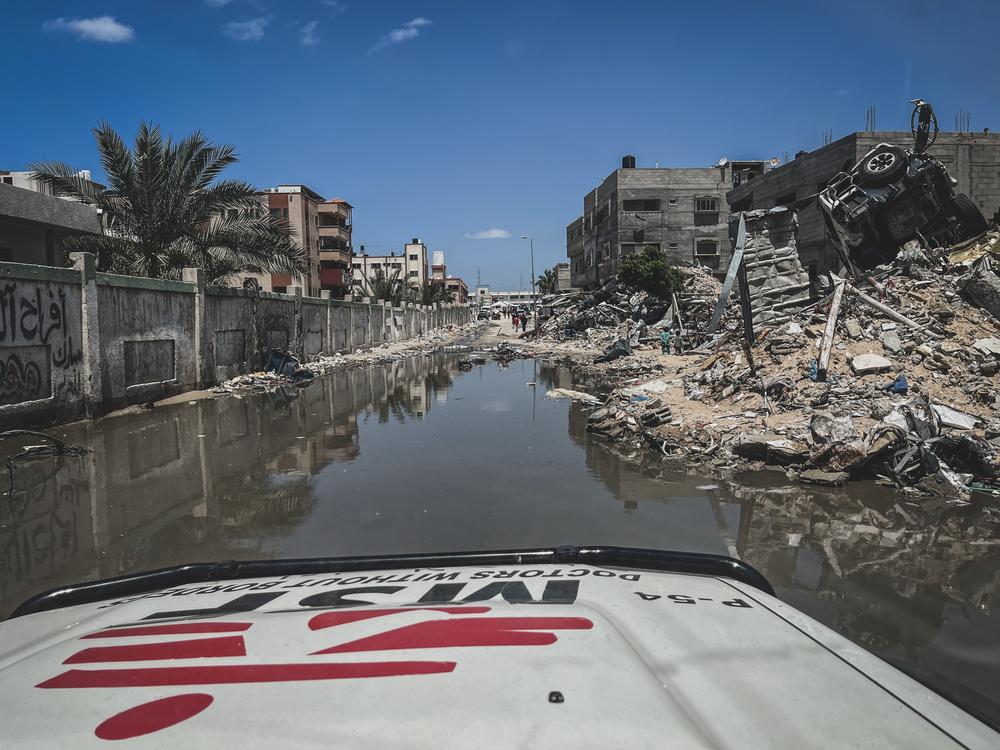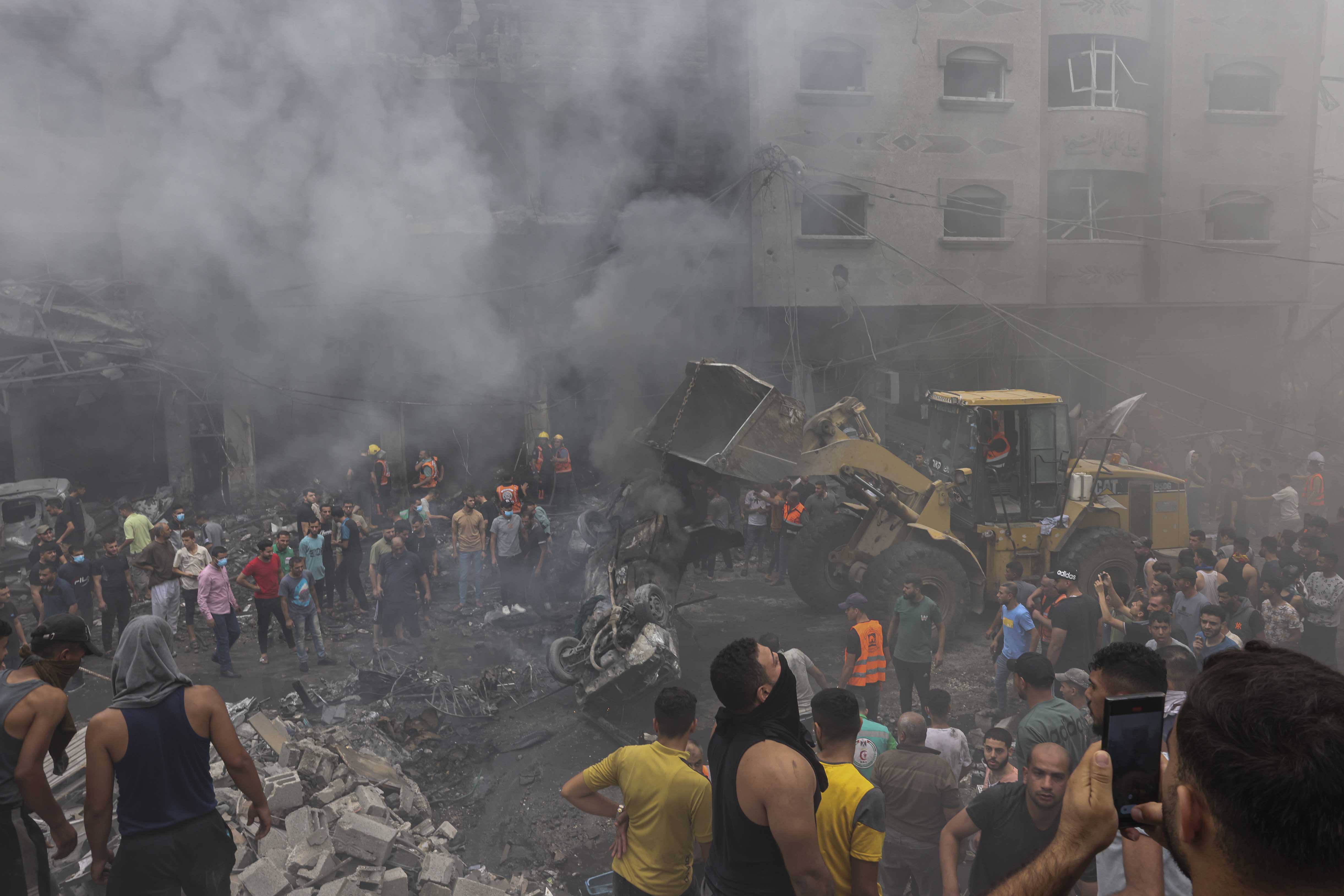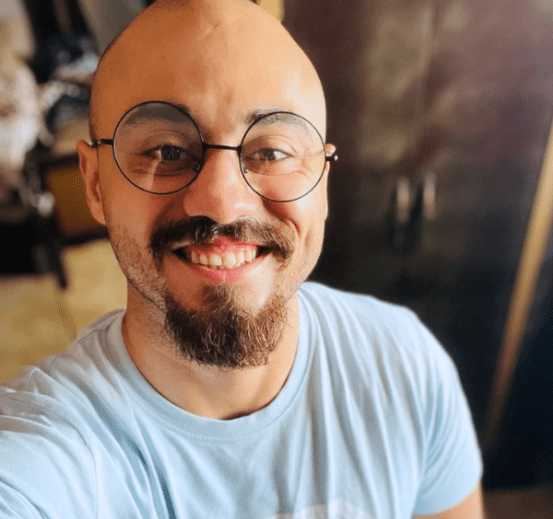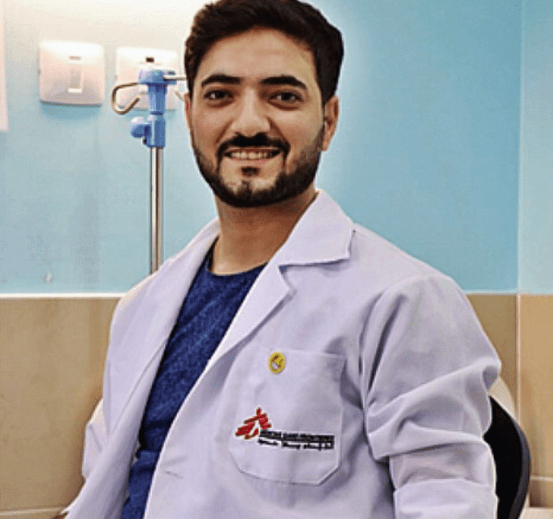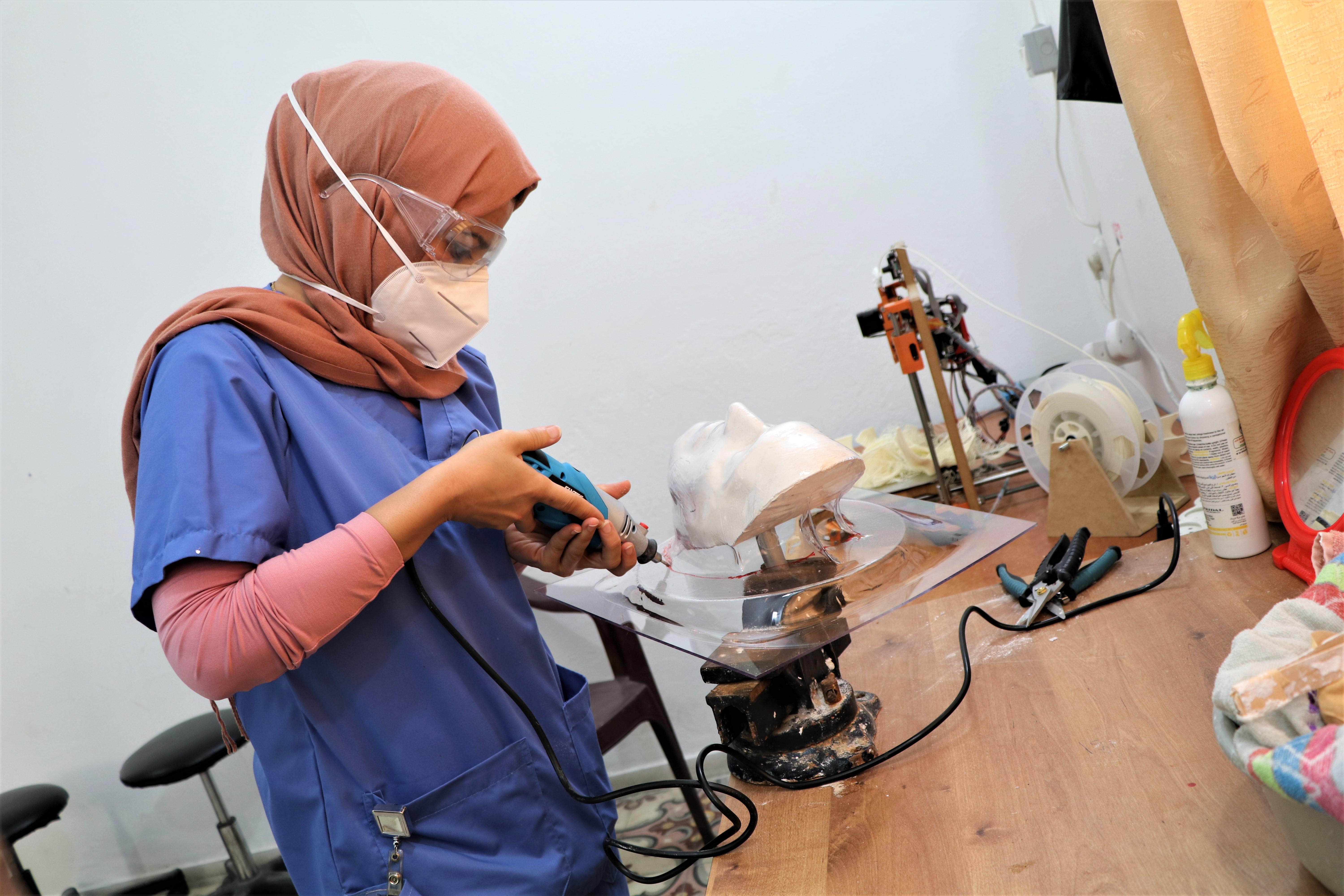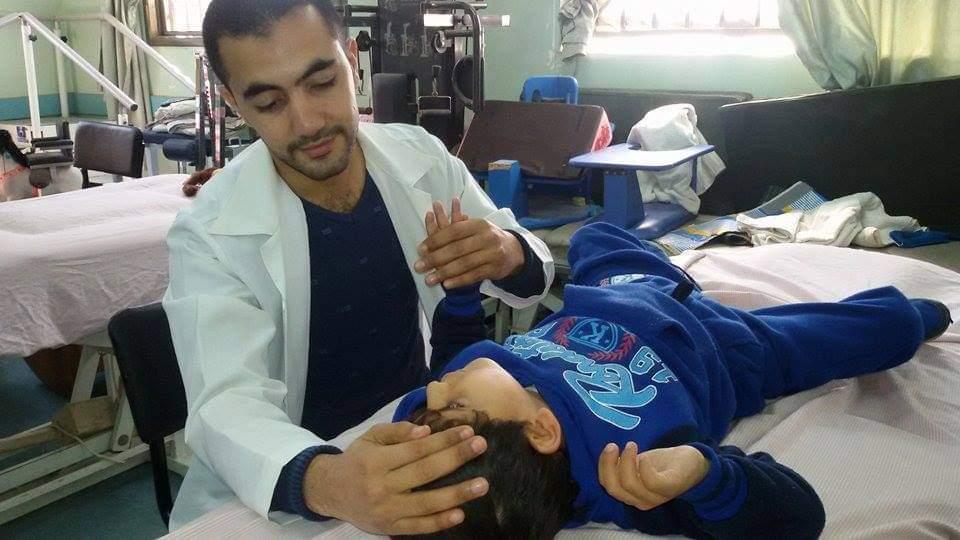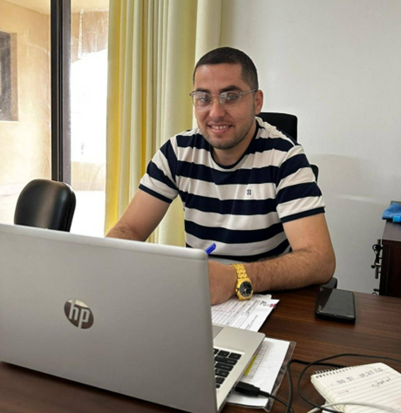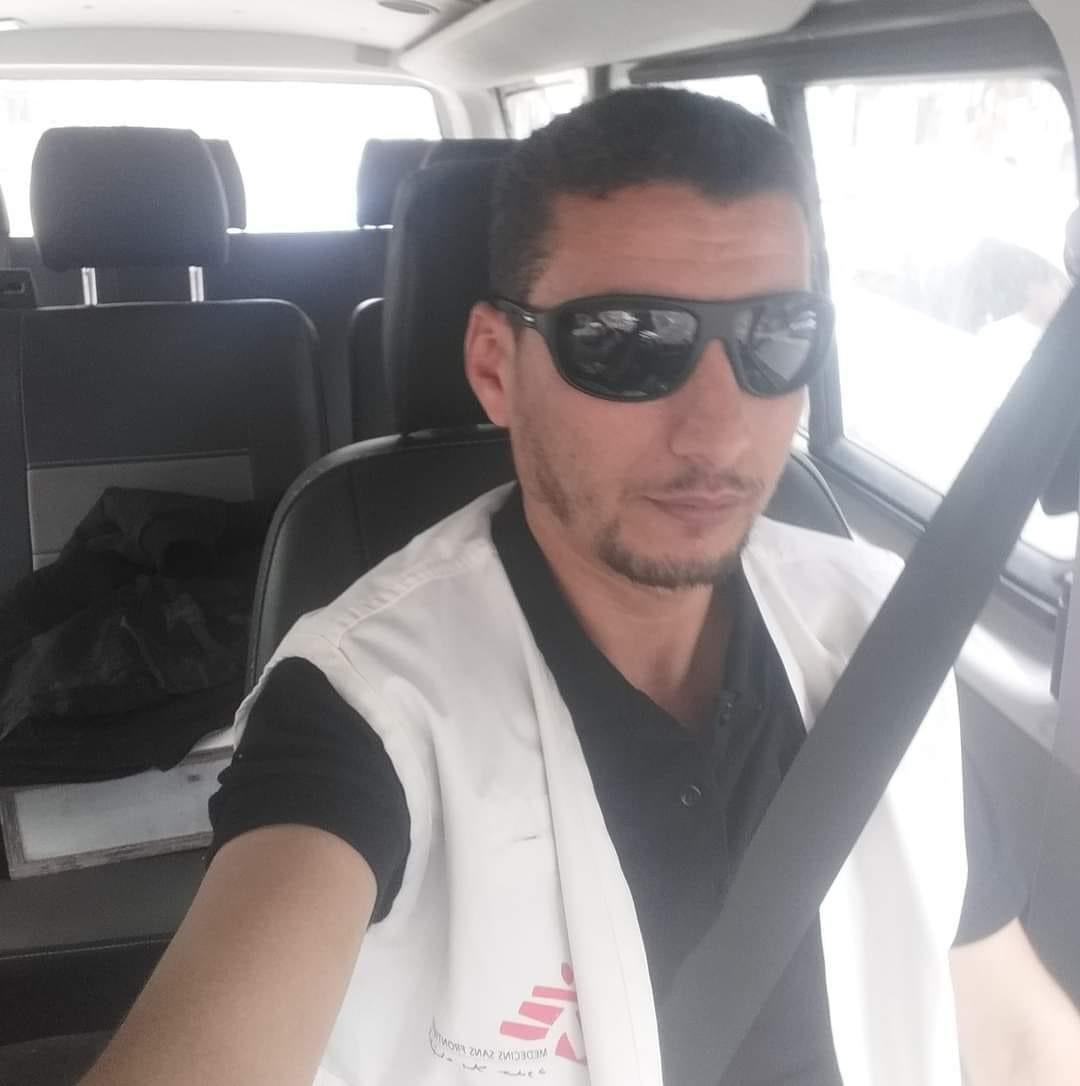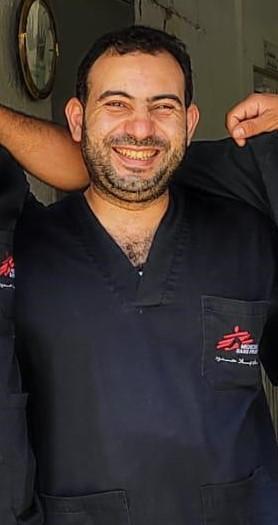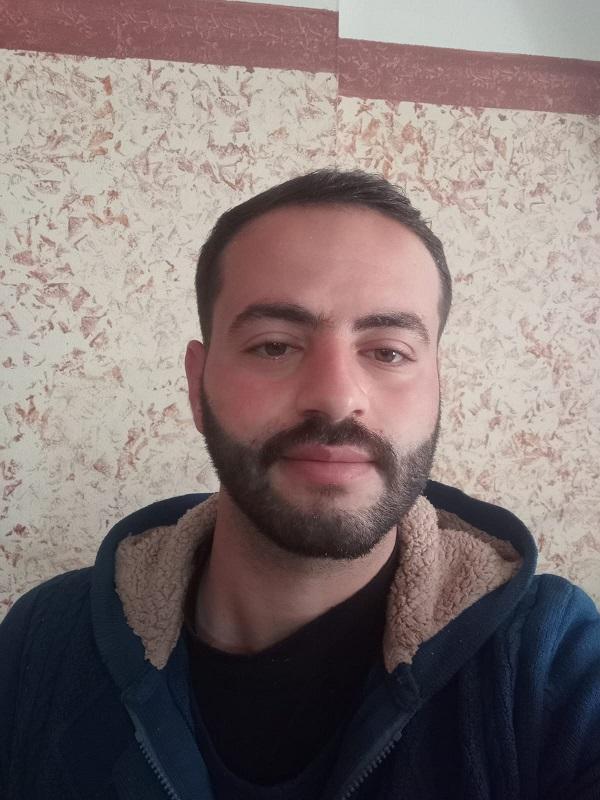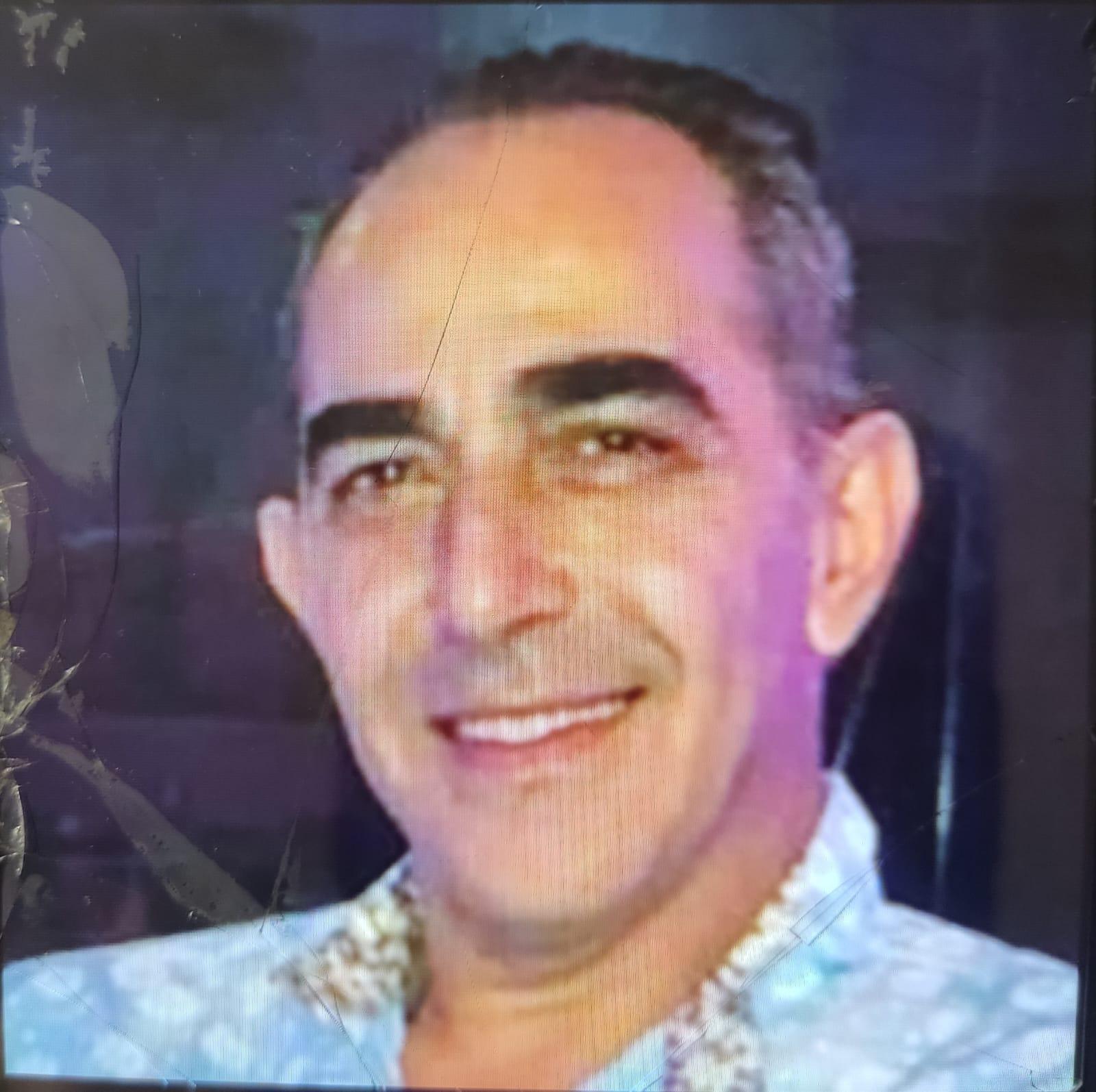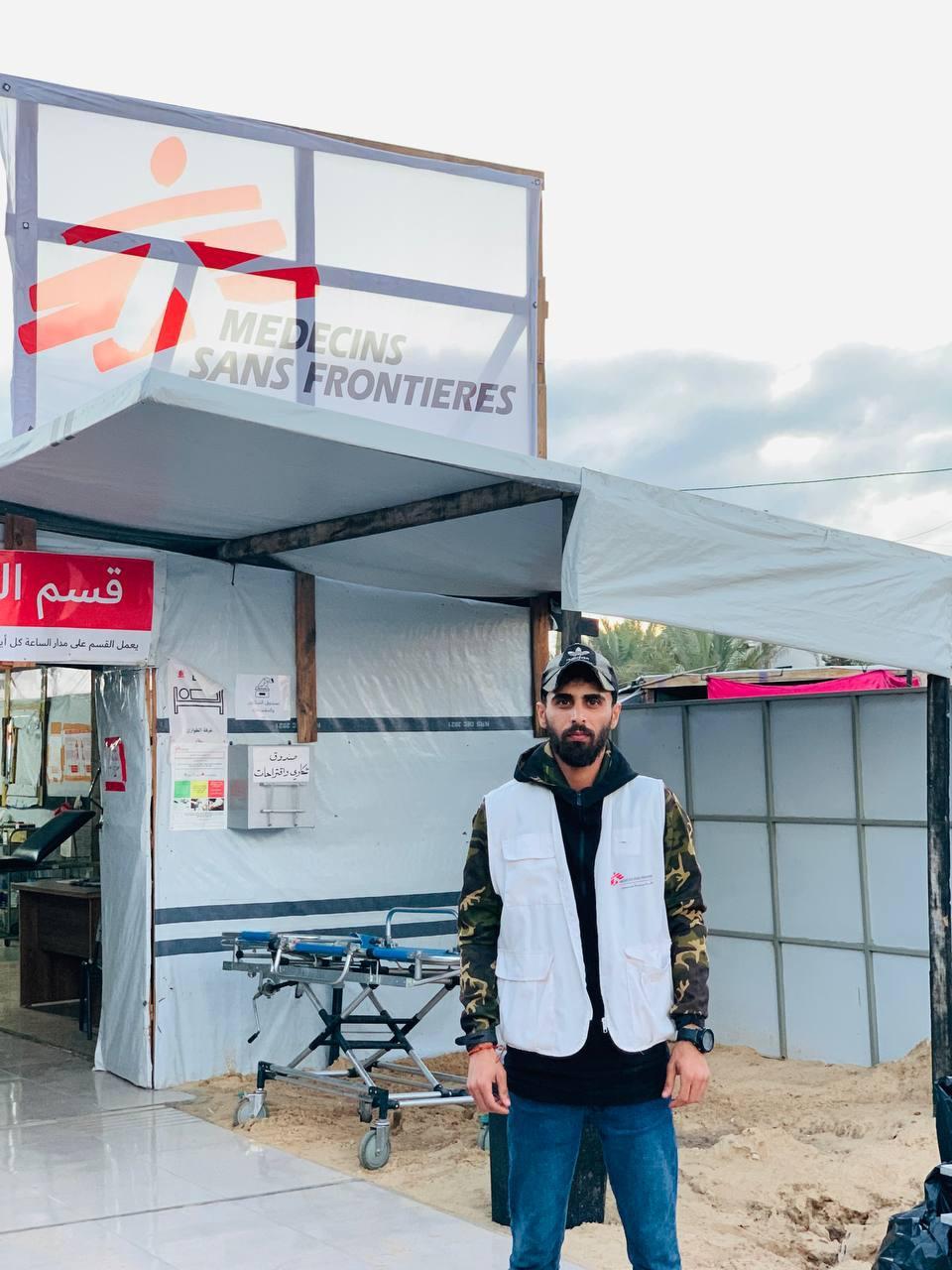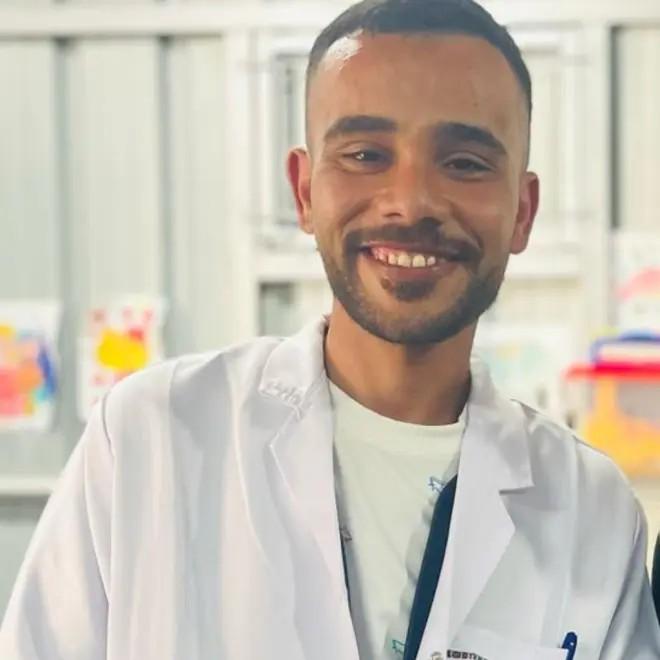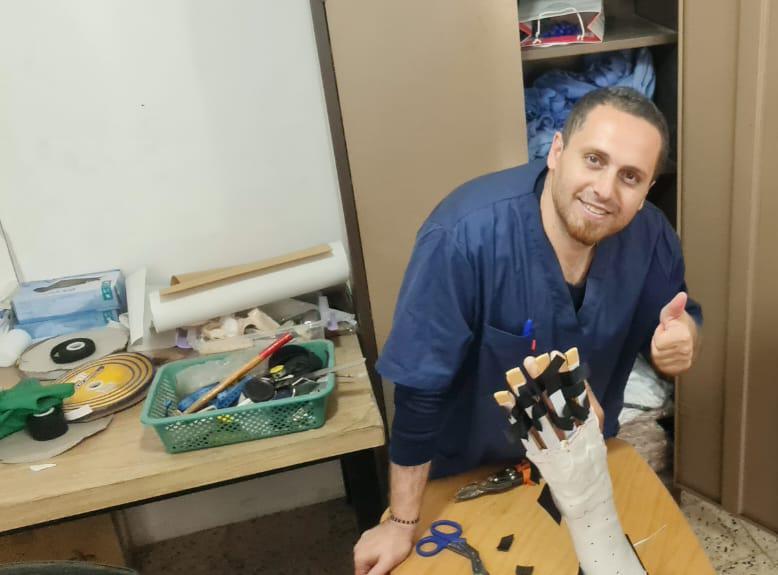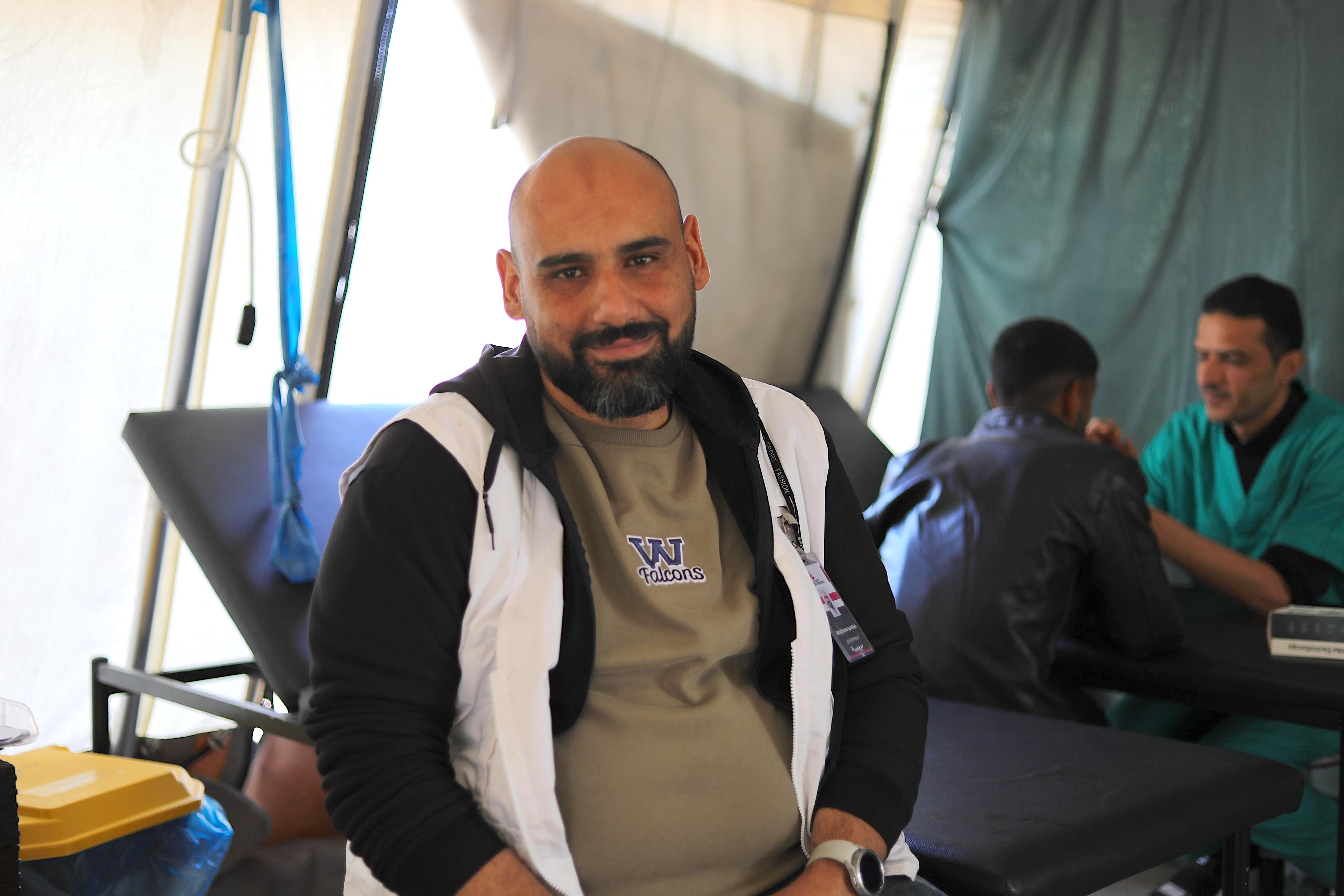
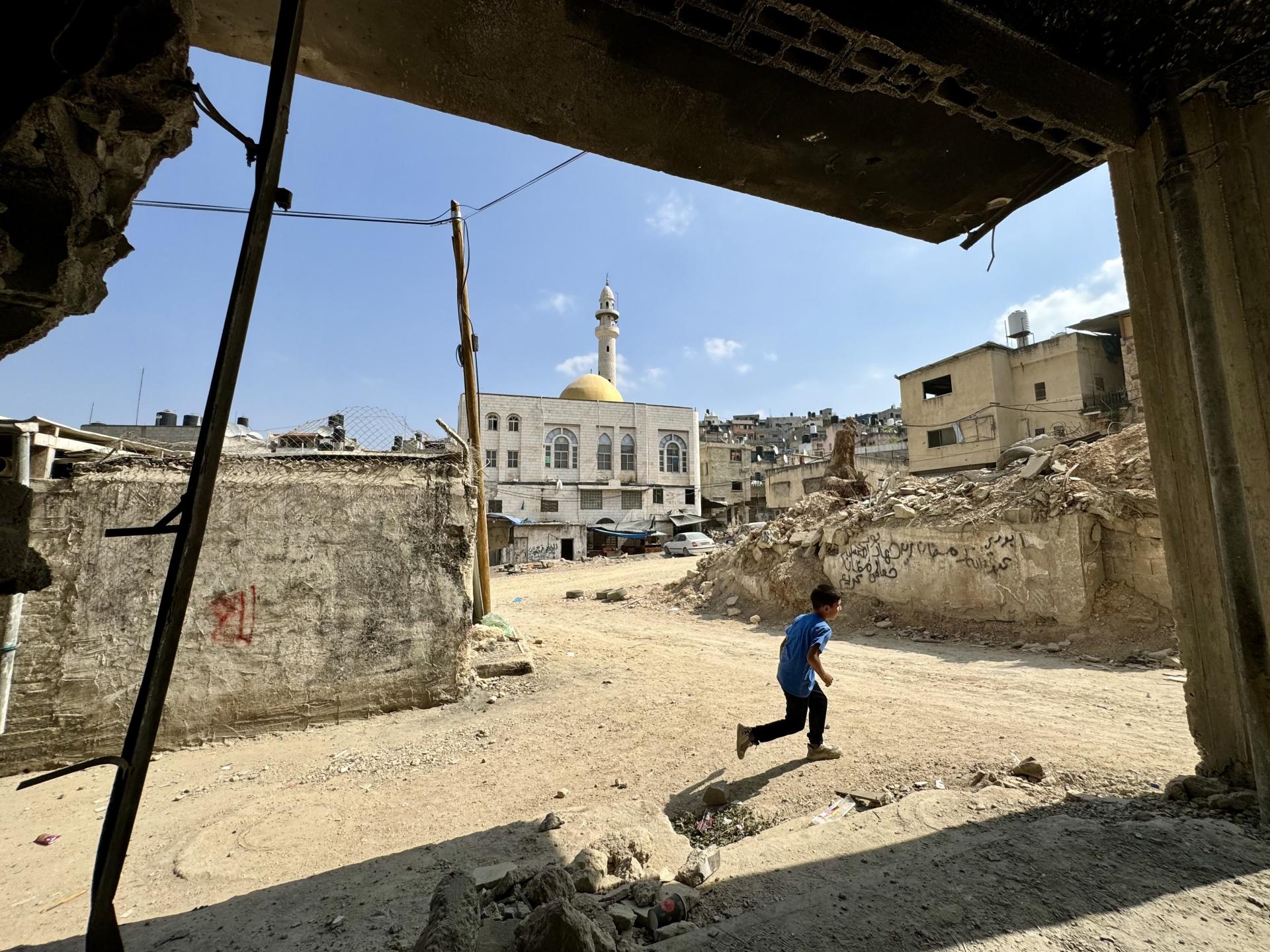
Palestine
In Gaza, the local healthcare system is overstretched, underfunded and deeply impacted by a 16-year blockade. We provided assistance to people affected by burns and trauma with a multi-disciplinary approach, which included surgical care, physiotherapy, occupational therapy, health education, and psychosocial support.
In the West Bank, occupation, violence, unemployment, and poverty continued to have a profound impact on the mental health of Palestinians. Our teams offered psychological support in Hebron, Nablus, and Qalqilya.
Featured
Our activities in 2024 in Palestine
Data and information from the International Activity Report 2024.
874
874
€84.1 M
84.1M
1988
1988
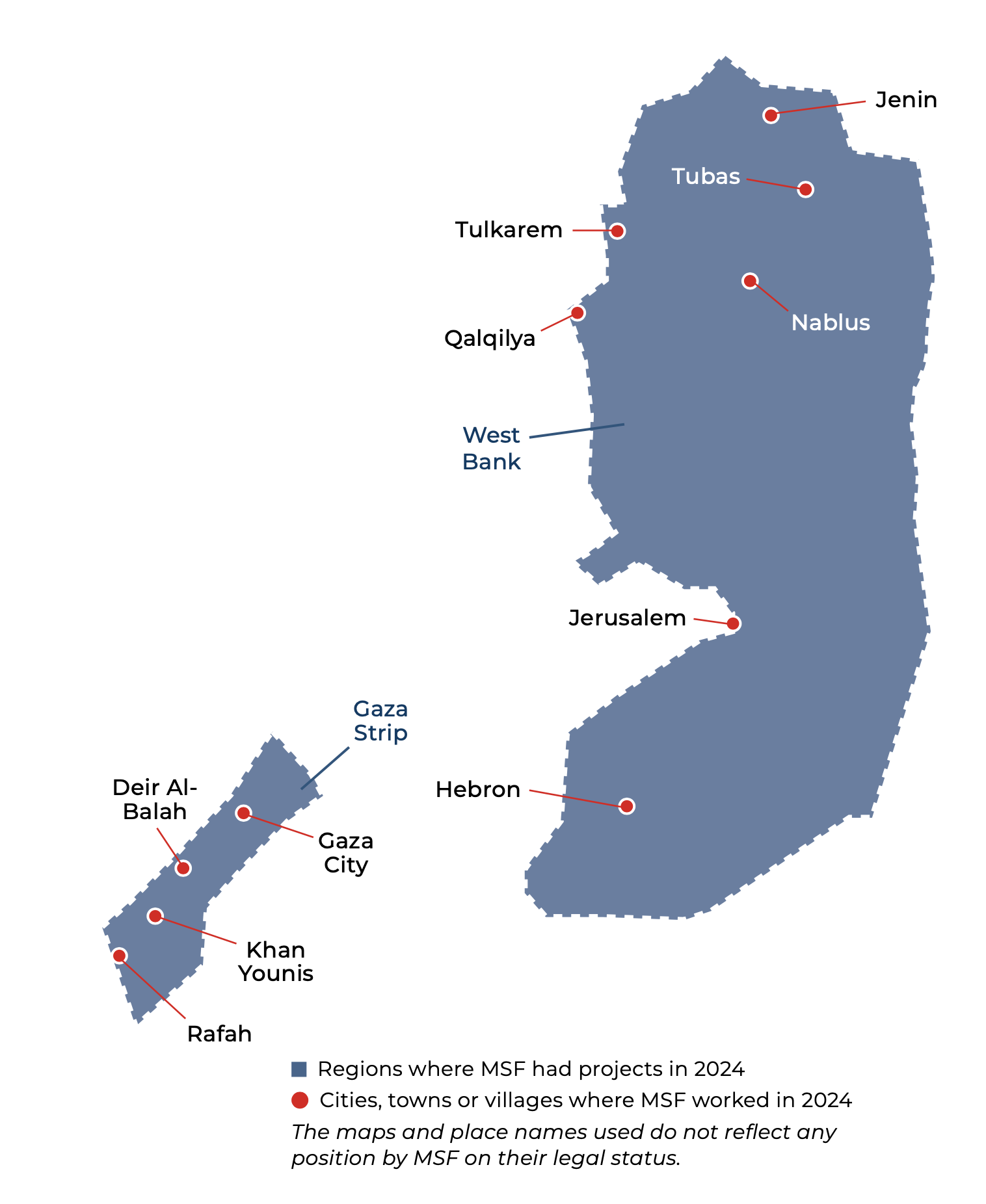
Gaza Strip
During the year, Israel intensified the campaign of destruction it had unleashed in Gaza in response to Hamas’ horrific attack and hostage-taking on 7 October 2023. By the end of 2024, over 45,000 Palestinians had been killed, while civilian infrastructure and the health system in the Gaza Strip had been decimated. In addition to the profound physical and psychological trauma of the war, 90 per cent of Gazans had the distressing experience of being repeatedly forcibly displaced. The majority sought refuge in an ever-shrinking space located along the coast in southern and central Gaza. Nowhere in Gaza was spared from Israel’s offensive, not even the areas it declared ‘safe humanitarian zones’, which were repeatedly bombed.
In May, the offensive on the southern city of Rafah marked a turning point, as more than a million people, including MSF colleagues living in overcrowded tents and makeshift shelters, were forced to flee again. As the ground offensive began, Israeli forces also seized control of the Rafah border crossing, effectively cutting off a key entry point for humanitarian aid.
Most hospitals in Gaza have been fully or partially destroyed, leaving people with few options for healthcare, particularly in the north of the Strip. Our staff and patients had to abandon a total of 17 health facilities, and were subjected to around 45 violent incidents between October 2023 and December 2024. These incidents included airstrikes, incursions into medical centres and coming under fire from tanks in deconflicted shelters and convoys. Four of our staff members were killed in 2024; a total of 12 have been killed during the war at the time of publication.
Throughout the year, we scaled up and adapted our medical activities, offering a wide range of services. These included multidisciplinary care for patients with burns and trauma injuries – comprising surgery, physiotherapy, and psychosocial support – as well as maternal and neonatal care, basic healthcare, sexual and reproductive healthcare, mental health support, and treatment for non-communicable diseases. We also assisted with the distribution of water, and the installation of water treatment systems and sanitation facilities.
Although MSF’s international teams were forced to leave the north of the Strip in October 2023, our Palestinian colleagues remained, and continued delivering care to people in need. The teams in southern and central Gaza expanded activities around Khan Younis and Deir Al-Balah, especially in the Al-Mawasi area, where more than a million displaced people were cramped together in tents. Most of the requests for medical evacuation were rejected, leaving people requiring specialised medical care without any options.
Due to the blockade of humanitarian and medical supplies, the health system faced critical shortages of drugs and other vital goods; people were trapped without access to the most basic services, such as water and food, greatly increasing their medical needs. Our teams treated numerous newborn babies and children under one year old for severe conditions, including malnutrition, and respiratory tract infections, linked to their appalling living conditions. Overcrowded, unsanitary environments and the lack of safe water, soap, or showers, increased the incidence of skin diseases, gastrointestinal disorders, and disease outbreaks, as shown by the resurgence of polio.
In north Gaza, the siege and relentless attacks carried out by the Israeli forces in October 2024 were a clear illustration of the indiscriminate nature of the war. In December, our advocacy team published Gaza: Life in a Death Trap, a report in which we stated that we were witnessing clear signs of ethnic cleansing, as Palestinian life was being wiped out in the north.
We repeatedly called for a sustained and immediate ceasefire in Gaza, for urgent and unhindered access for humanitarian aid to support Palestinians, and for all parties to the conflict to respect and protect medical facilities.
By the end of the year, our teams were supporting two hospitals, Al-Aqsa and Nasser, two MSF field hospitals in Deir Al-Balah, five healthcare centres, and two clinics.
The West Bank
Israeli forces and settlers have increased their use of extreme physical violence against Palestinians in the occupied West Bank since the war started in Gaza. During 2024, Israel also introduced more restrictive measures on movement, which severely obstructed access to healthcare and exacerbated the already dire living conditions. The Israeli forces carried out increasingly violent and longer incursions, particularly in the north of the territory. At the end of August, they launched a nine-day military incursion in Tulkarem, Jenin, and Tubas, the most intense since the 2022 intifada, in which 39 Palestinians were killed. These incursions, along with settler violence, movement restrictions, and financial hardship, resulted in the largest number of Palestinians being forcibly displaced from their homes in decades.
Our teams witnessed a rapid escalation of violence, with more ambulances carrying critical patients blocked at checkpoints, medical facilities surrounded and raided, and health workers subjected to physical violence, with many killed.
MSF continued to provide emergency care, basic healthcare via mobile clinics, and mental health services in Hebron, Nablus, Tubas, Jenin, Tulkarem, and Qalqilya. Our mental health teams observed that constant fear of longer and unpredictable incursions and attacks by Israeli forces and settlers took a significant toll on people’s mental health, heightening feelings of hopelessness and anxiety. In the refugee camps, we conducted first-aid training for paramedic volunteers, and donated vehicles for paramedic services, and essential relief items to support trapped communities.
Access to healthcare remained a huge concern. In response, our teams increased the number of mobile clinics around Nablus, and in H2, a highly restricted area in Hebron city. In areas such as Masafer Yatta in the south, settler violence reached unprecedented levels, with Palestinians seeing their homes, farms, and cattle burned or destroyed. Israeli forces also demolished houses, forcibly displacing families and leaving them destitute.
At the end of 2024, humanitarian operations, including MSF's, continued to face severe restrictions, limiting our ability to address the immense needs of people living in Gaza and the West Bank.
IN 2024

141.2M
141.2M
750,100
750,1
123,600
123,6
49,000
49,

37,000
37,
36,700
36,7
26,800
26,8
9,370
9,37

8,700
8,7
REMEMBERING OUR COLLEAGUES KILLED IN GAZA
IN MEMORIAM:
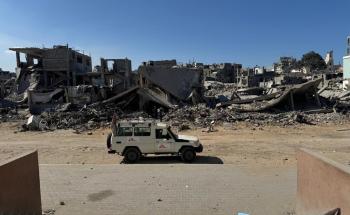
Huge influx of aid urgently needed amid catastrophic conditions in Gaza
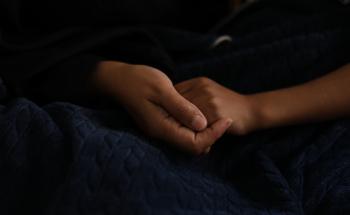
Addressing frequently asked questions and allegations about MSF’s work in Gaza
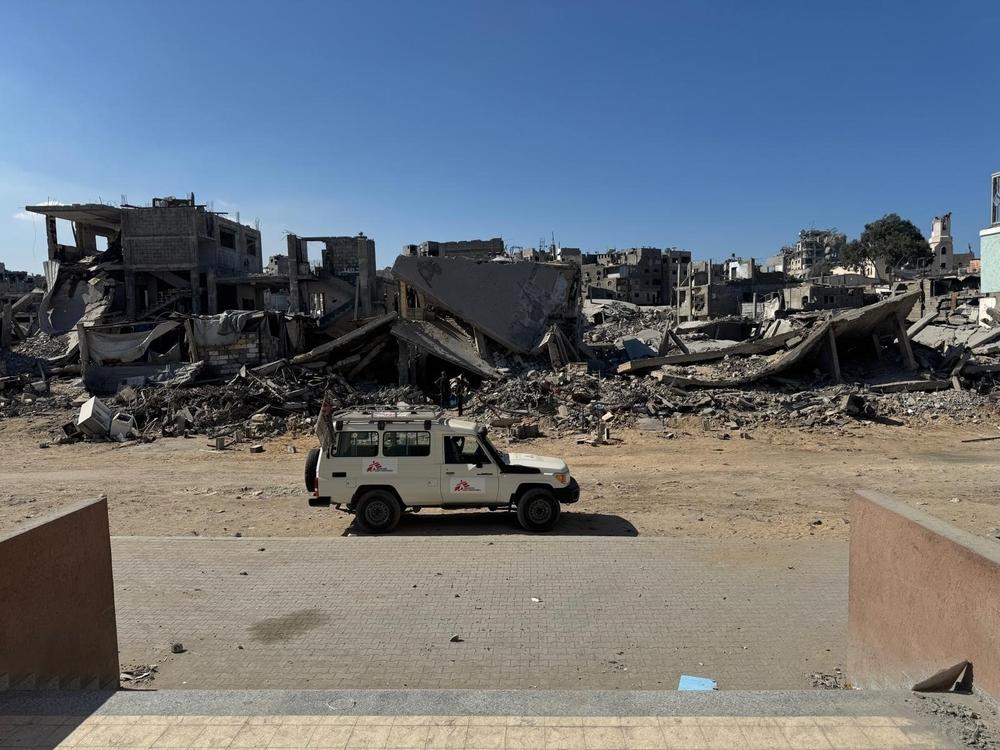
MSF statement on sharing staff information and humanitarian operations in Palestine
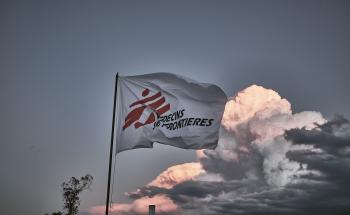
MSF statement on staff registration and the continuation of medical care in the Occupied Palestinian Territory
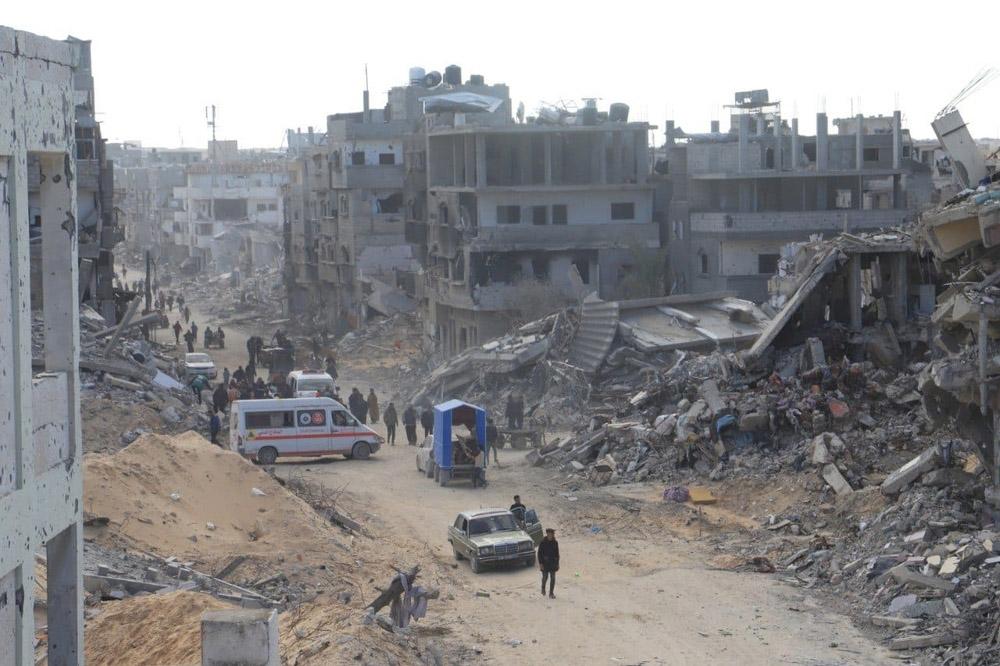
Israel’s Threat to Bar NGOs Risks Catastrophic Harm to Civilians in Gaza and the West Bank
